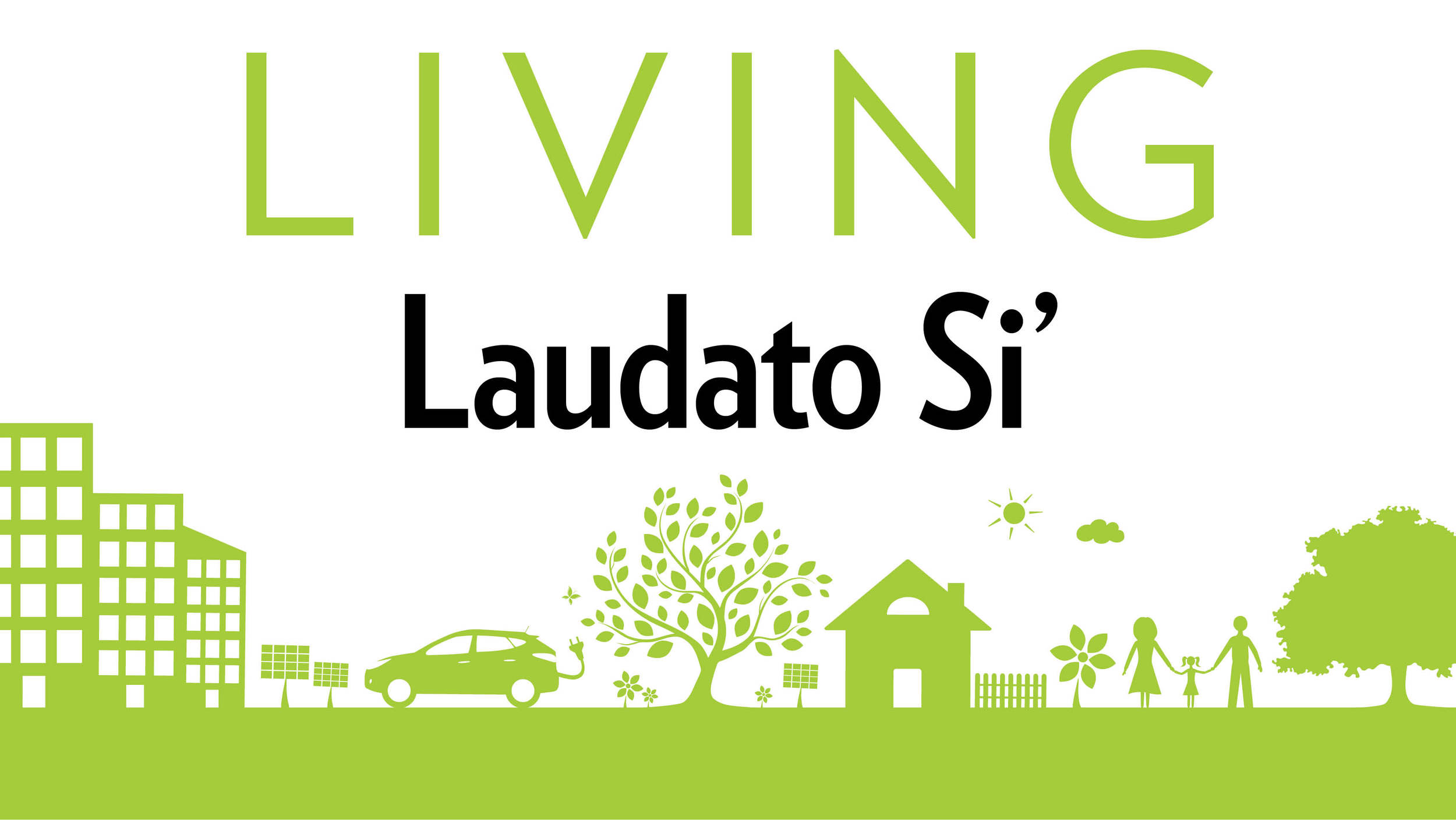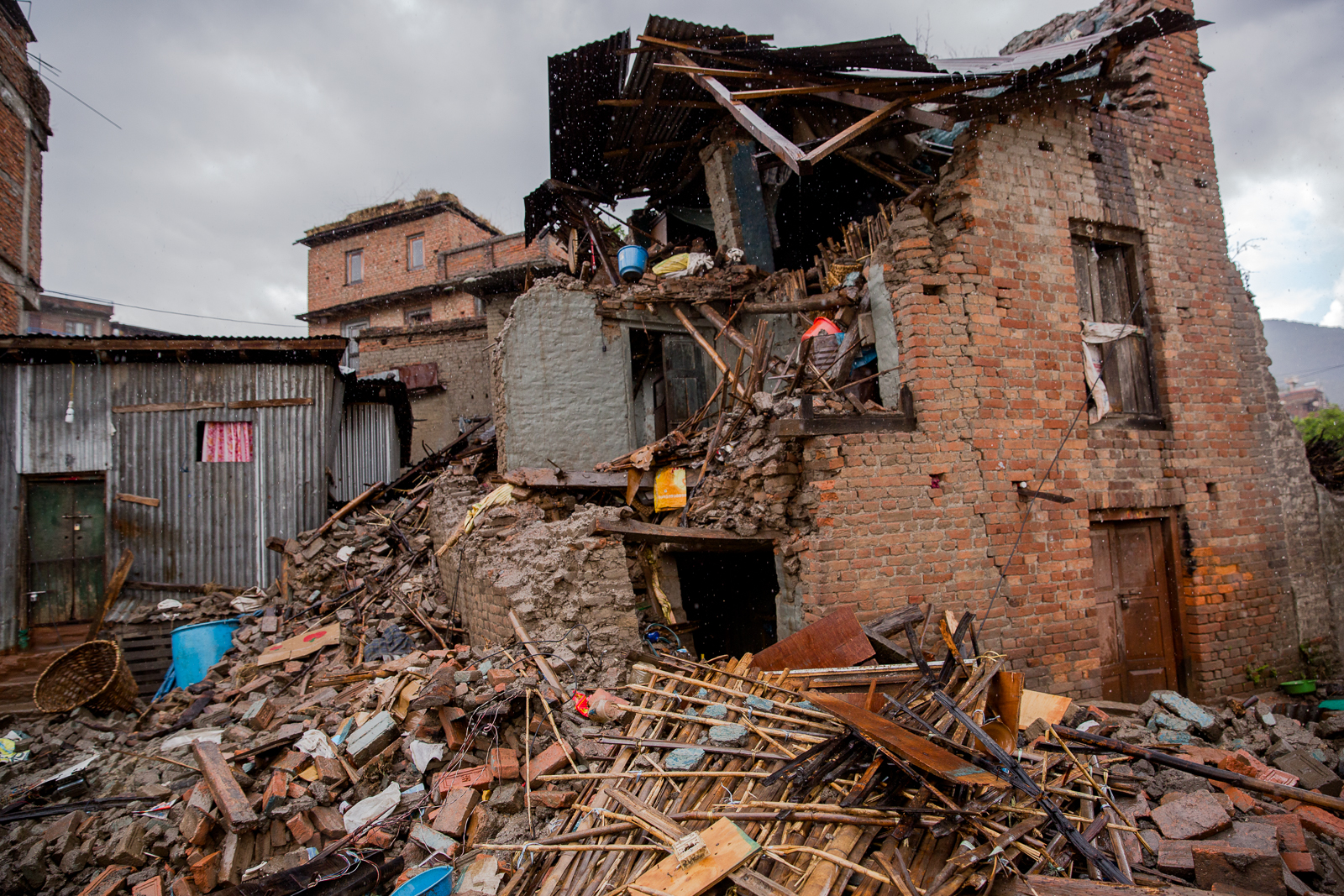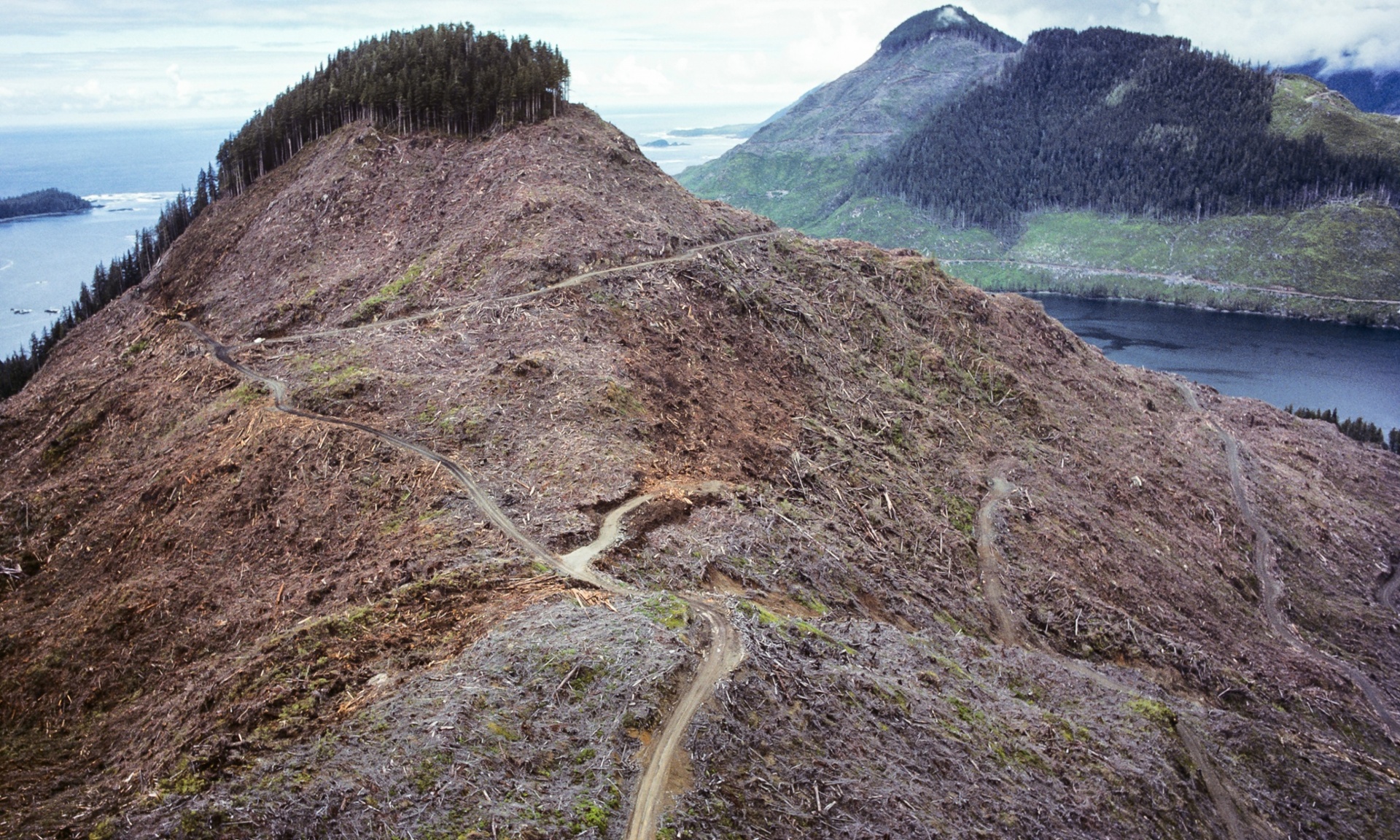
By: Amira Ayad
For early Muslims, knowledge was a treasure they would eagerly seek. Medical science and pharmacy were no exceptions.
Muslim physicians’ early practice emphasized the importance of preserving health through natural gentle interventions. The Hippocratic philosophy of ‘Premium non nocera’(first don't harm) was a well kept notion in their minds as it reflected the teaching of their religion. Prophet Muhammad’s words, “Your body has rights over you” (agreed upon - Ṣaḥīḥ al-Bukhārī) paved their way to amazing advancement in the medical, pharmaceutical, and health fields.
Studying history, we can see that medicine within the Islamic civilization passed through three main stages (Abouleish, n.d.). The first stage started in the early 7th century by collecting and translating the medical knowledge of the Greeks, Persians, Assyrian Syriacs, Indians and Byzantines. (Nagamia, 1998)
Soon enough, Muslim physicians started to elaborate on the collected body of knowledge and largely expanded it through experience, exploration, experimentations, testing, and practice. This was during the Golden Age of the Islamic civilization that brought the original contributions of Muslim physicians in the medical, pharmaceutical, herbal, nutritional and botanical fields. This second stage extended during the ninth through thirteenth centuries. During the last stage, however, decline occurred which reflected the stagnation and gradual deterioration of the whole Islamic nation.
During the second stage, many physicians, Arabs as well as non-Arabs, contributed to the flourishing of the medicine. Physicians like Al-Razi, or Razes (841 – 926 AD), and Ibn-Sina, known as Avicenna (980 – 1037 AD) were pioneers in the medical fields. Their books and teachings were used as bases for medical study in Europe for centuries to come.
Al-Razi’s fame started with the establishment of a hospital in Baghdad in the 9th century which included a special ward for mental illness. He also pioneered in holistic and spiritual medicine, advocating healing and caring for the whole patient. This idea was well reflected in his book ‘Al-Tibb al-Rawhani’ (Spiritual Medicine) where he emphasized the importance of heart purification and ethical and virtuous conducts in achieving total healing.
In his famous book, Al-Qanun fi al-Tibb (The Law in Medicine), Ibn-Sina laid the foundation of medical practice, compiled a complete Materia Medica, described diseases and malfunctions and gave a full formulary of remedies, suggestions and recipes for treatment.

Balancing Body
As early as the 10th century, Muslim physicians were treating eye diseases and even performing cataract surgery. Al-Mawsili, an Iraqi ophthalmologist and physician, designed a special needle to remove cataract by suction. And, an amazingly complete text book on eye disease ‘Notebook of the Oculist’ was written by Ali Ibn Isa also in the 10th century Baghdad. On Ibn Isa’s valuable reference was based the European knowledge of modern ophthalmology. (Al-Hassani, 2006)
Ibn al-Nafis, the Syrian Muslim scholar, described in a treatise written in 1210 AC the role of the heart and lung in blood purification and elaborated on Ibn-Sina’s description of the pulmonary circulation. Ibn al-Nafis accurately described the anatomical structure of heart chambers and the fine structure of the circulatory system hundreds of years before Western discoveries.
Early Muslims also laid the foundation of modern day pharmacology through the early work of Sabur ibn Sahl, Al-Razi and Ibn-Sina in the early 9th century. Later on, in the 11th century, Al-Biruni wrote his famous master piece ‘The Book of Pharmacology’ compiling an amazing work on drugs and remedies. Al-Zahrawi’s writings ‘Al-Tasrif’ (Dispensing) further taught methods of drug preparations and formulation starting from simple remedies all the way to complex compounding. (Al-Hassani, 2006)
The principal concepts embodying medicine as practiced during this period were based on the essential meaning of balance. They presented the physician’s role as one of in balancing and harmonizing overall bodily functions while restoring health and healing on the physical, emotional, mental and spiritual planes.
Physical ailments were thought to arise mainly as a result of accumulation of excess waste substance in the body. Overeating, improper food choice and other unhealthy habits were regarded as the source of the accumulated morbid matter, and a disease’s symptoms appears when the digestive process becomes overwhelmed. (Al-Jauziyah, 2003)
More importantly, however, it was the fundamental belief of a Muslim physician that the physical body should never be the sole interest of the physician. It is the Ruh, or soul, which gives this body its vitality and true essence. (Nagamia, 1998) It was thus essential for a Muslim physician to be well aware of the diseases of the heart and soul and how to treat them along with managing physical symptoms.
Mixed Approach
During the third stage of this thriving medical history within the Islamic world, and around the fourteenth century, a new type of medical writing emerged. The authors were religious scholars, rather than physicians. Their aim was to preserve the wealth of knowledge and heritage compiled and practiced by Muslims over the years from fading away before the rapidly rising Western society. (National Library of Medicine, 1998)
Their writings all carried the same title: Al-Tibb Al-Nabawi (Prophetic Medicine) and was intended as an alternative to the Greek-based medical science. Most famous among them were the writings of Al-Jauziyah, As-Suyuti, and Az-Zahabi which are considered as the base for what is today referred to as ‘Islamic Medicine.’
Al-Jauziyah’s recommendations for approaching the patient reflected the preserved notion of balance and holistic approach taught by early Muslim physicians. He advised physicians to investigate all areas of their patient’s life, research the real cause behind the disease, examine the patient’s feelings, mood and life style and consider dietary options before resorting to drugs. (Al Jauziyah, 2003)
The physicians were knowledgeable about the ‘sickness of the heart and soul’ and took great care when approaching them in a professional yet caring manner. They realized the effects of stress, emotions and mental state, and used positive affirmations from Qur’an and Prophetic Sunnah to increase hope and strengthen the will for healing.
Moral values, love, courage, patience, kindness, and altruism were prescribed as the best remedies for the inner self, and prayer was practiced for maintaining the connection with God, preserving the health of the body and soul, strengthening faith, bringing happiness and energizing the body against acute ailments. (Ayad, 2008)
The six primary channels that should be balanced to avoid contacting diseases, as stated by As-Suyuti, further reflected the wisdom of early Muslim knowledge. He emphasized the importance of the quality of air we breathe, food and drink we consume, physical exercise and movements, our emotional state and feelings, our sleep and waking cycles, and our body’s ability to excrete toxins, get rid of accumulated morbid matter and retain valuable nutrients.
“Whenever it is possible to use gentle remedy, do not use something powerful instead,” he wrote, advising a physician to be “gentle in his speech, kind in his words and close to God.” (As-Suyuti, 2009)
Az-Zahabi, on his side, recommended using only medicines that are similar or related to regular food and that contained no noxious or harmful substances. (Az-Zahabi, 2004)
Starting from the beginnings of the seventeenth century, Islamic Medicine was challenged by rapidly spreading science of conventional modern medicine, which eventually replaced the core of the health care systems in most of the Islamic countries (Nagamia, 1998).
Contemporary practice of Islamic Medicine is restricted to India, Pakistan and Bangladesh where one can find established medical schools teaching this type of medicine, certified and supervised by the Indian Medical Council. (Nagamia, 1998) And while these schools do teach such medical approach while being highly influenced by the teachings of the old Greek practice, it is also common to find conventional physicians in Middle Eastern countries and Malaysia giving medical advice and some treatment while making use of the Islamic approach. Some believe that this mixing of the old and the new, the eastern and the western, makes their patients benefit from ‘the best of both worlds.
Abouleish, E. (n.d). Contributions of Islam to medicine. In S. Athar (Ed.), Islamic medicine. Retrieved May 16, 2007.
Al Jauziyah, I. Healing with the medicine of the Prophet (2nd ed.) (J. Abual Rub, Trans.). KSA: Darussalam. 2003.
Al Jauziyah, I. Healing with the medicine of the Prophet (2nd ed.) (J. Abual Rub, Trans.). KSA: Darussalam. 2003.
Al-Hassani, S. (Editor). 1001 Inventions: Muslim Heritage in Our World. UK: Foundation for Science Technology and civilization. 2006.
As-Suyuti, J, A. Medicine of the Prophet [Ahmed Thomson, translator]. UK: Ta-Ha publishers. 2009.
Ayad, A.. Healing Body & Soul. KSA: IIPH. 2008.
Az-Zahabi, S. الطب النبوي [Prophetic medicine]. (M.A. Al-Merashly, Ed.). Lebanon: Dar An-nafaes. 2004.
Nagamia, H. F. (October 1, 1998). Islamic medicine: History and current practice. Retrieved May 16, 2007.
National Library of Medicine. Islamic Culture and the Medical Arts: Prophetic Medicine. Retrieved June 6, 2007. April 5, 1998.
Amira Ayad is a natural health consultant and a holistic nutritionist. She holds a Master Degree in Pharmaceutics; and a PhD in natural health. She is a Board Certified Holistic Health practitioner by the American Association of Drugless Practitioners (AADP) and a Registered Orthomolecular Health Practitioner by the International organization of Nutrition Consultants (IONC). She published 2 books: Healing Body & Soul, in 2008; and, The True Secret, in 2011. Amira teaches Biochemistry & Body Metabolism at The Institute of Holistic Nutrition in Toronto, Canada.
This article was originally published on onislam.com on May 2, 2014.































